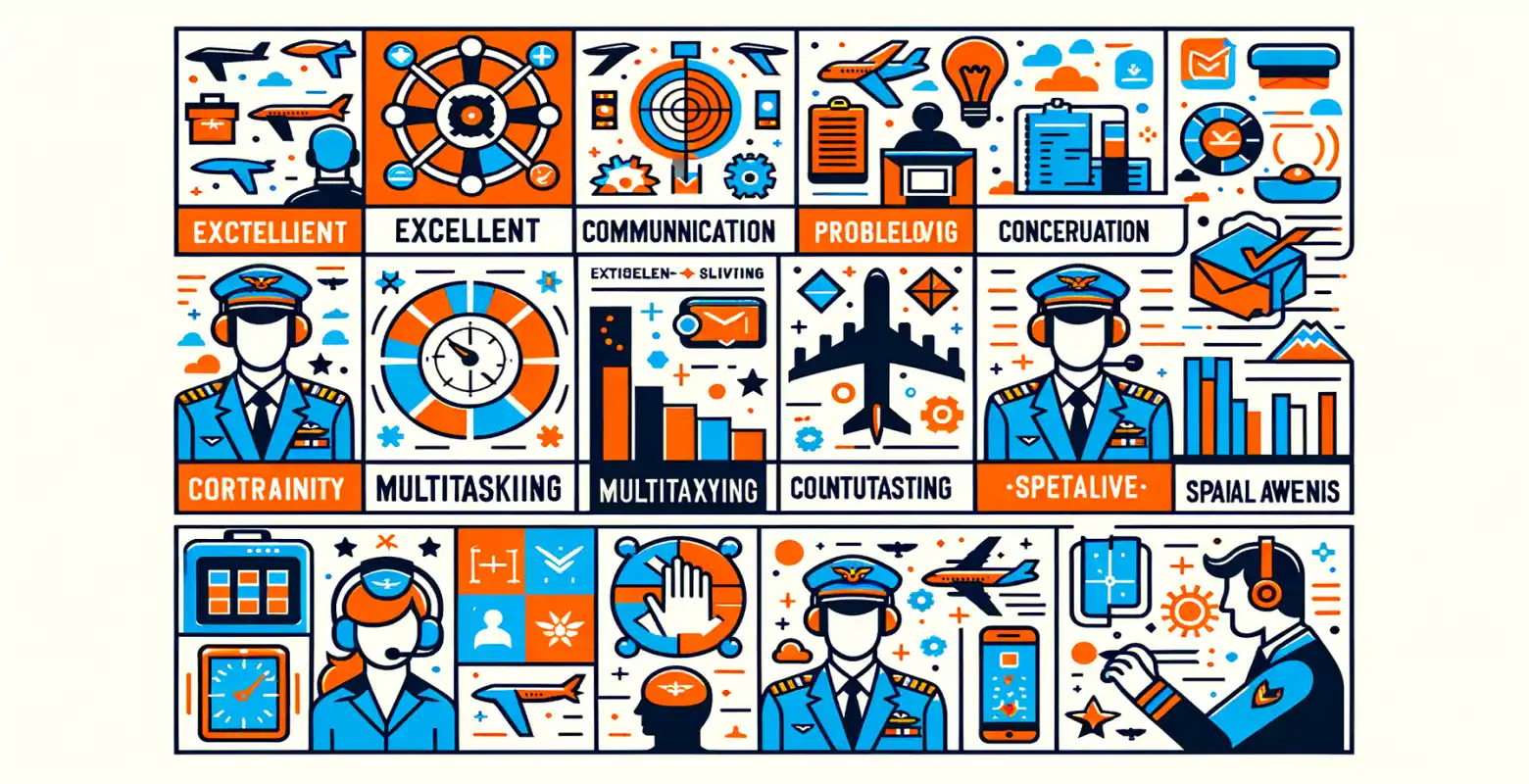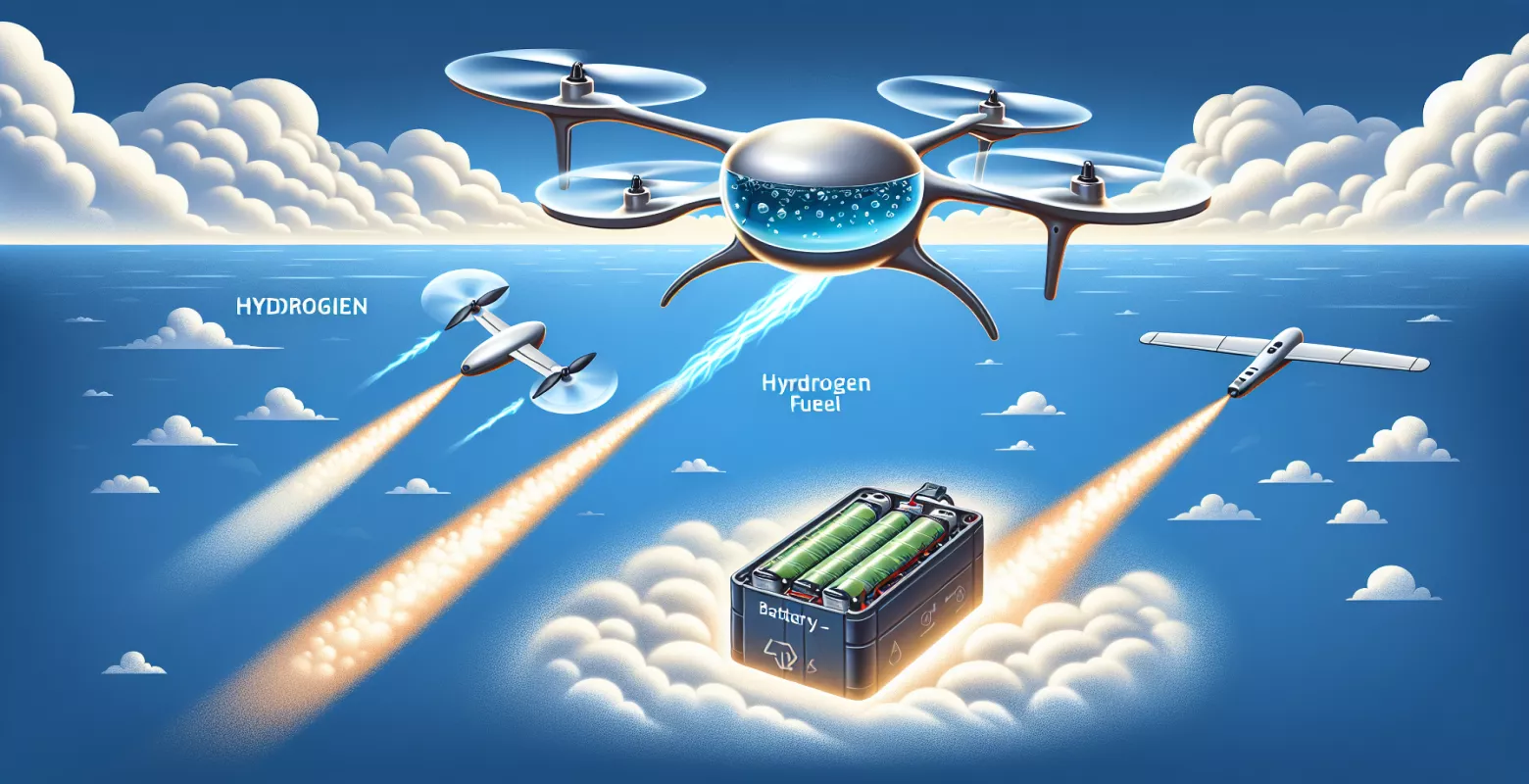What skills are necessary to work as an air traffic controller?
Introduction
Being an air traffic controller is one of the most demanding and responsible professions in the world. Every day, air traffic controllers manage thousands of flights, ensuring the safety of millions of passengers. So why are the skills of an air traffic controller so crucial? In an era of increasing air traffic, modern technologies, and evolving regulations, the right qualifications become essential. In this article, we will examine what skills are necessary to effectively fulfill this role and the challenges and benefits that come with this profession.
Professional and Educational Requirements
To become an air traffic controller, meeting specific educational and professional requirements is necessary. Typically, completion of specialized courses and obtaining a license regulated by relevant aviation authorities, such as the European Union Aviation Safety Agency (EASA), is required. In Poland, the training of air traffic controllers is conducted, among others, by the Polish Air Navigation Services Agency (PAŻP), which operates the Air Traffic Training Center.
A fundamental requirement is completing high school and obtaining the necessary language certificates, often at least a B2 level in English, as it is the international language in aviation. Further education encompasses both theory and practice, and prospective controllers must undergo rigorous psychological and medical tests.
Communication Skills
In the work of air traffic controllers, communication skills are crucial. Controllers must effectively and clearly convey information to pilots and other participants in air traffic. Communication mainly occurs through radio, requiring the precise formulation of messages, often in stressful situations. The ability to listen and quickly process information is equally important to react promptly to changing conditions.
Controllers must be proficient in using aviation phraseology, which is a standard in communication between them and pilots. This reduces the risk of misunderstandings that could lead to dangerous situations.
Analytical Skills and Decision Making
Being an air traffic controller requires excellent analytical skills. Controllers must monitor multiple parameters simultaneously, such as speed, altitude, or flight path, and make real-time decisions based on them. They often operate under time pressure, where every second can be critical for flight safety.
The ability to think quickly and solve problems is invaluable, especially in emergency situations when optimal solutions must be found quickly. Controllers must also anticipate potential traffic conflicts and resolve them before they become problematic.
Concentration and Stress Resistance
Air traffic controllers work in a high-pressure environment where even the smallest mistake can lead to catastrophic consequences. Therefore, the ability to maintain concentration for long hours is essential. The ability to work under pressure and remain calm in stressful situations is crucial.
The stress accompanying this job can be immense, so controllers must have the ability to quickly recover from difficult situations and maintain a balance between work and personal life.
Utilization of Modern Technologies
Technology plays an increasingly significant role in the work of air traffic controllers. Modern air traffic management systems rely on advanced technologies such as radar, computer systems, and data analysis software. Controllers must be proficient in using these tools to effectively manage air traffic.
Knowledge of modern technologies allows for better coordination and planning of air traffic, resulting in increased safety and operational efficiency. As technology evolves, controllers must be prepared to continuously learn and adapt to new tools and systems.
Teamwork and Collaboration
Although air traffic controllers often work independently, their work is inseparable from teamwork. Collaboration with other controllers, pilots, and airport personnel is essential to maintain the smooth flow and safety of air traffic. The ability to work in a team, share information, and solve problems together is crucial.
Effective collaboration contributes to better air traffic management and minimizes the risk of emergency situations. Therefore, controllers must be able to communicate and cooperate in a professional and constructive manner.
Trends and Future of the Profession
In the future, the profession of air traffic controller will evolve due to new technologies such as artificial intelligence and automation. While these technologies can support controllers in their daily work, they will not replace the human factor in decision-making and crisis management.
Controllers will need to adapt to new tools and technologies, requiring continuous learning and adaptation. As air traffic increases, the role of controllers will become even more crucial for maintaining safety and operational efficiency.
Summary
Being an air traffic controller is not only demanding but also extremely rewarding. It requires a range of skills, from excellent communication abilities to analytical thinking, stress resilience, and teamwork skills. This profession, despite its challenges, also offers many benefits, including the opportunity for continuous development and involvement in key processes ensuring aviation safety. In an era of dynamic technological changes, air traffic controllers will need to continually adjust to new conditions, making this profession even more fascinating and essential for the future of aviation.







Number of comments: 0